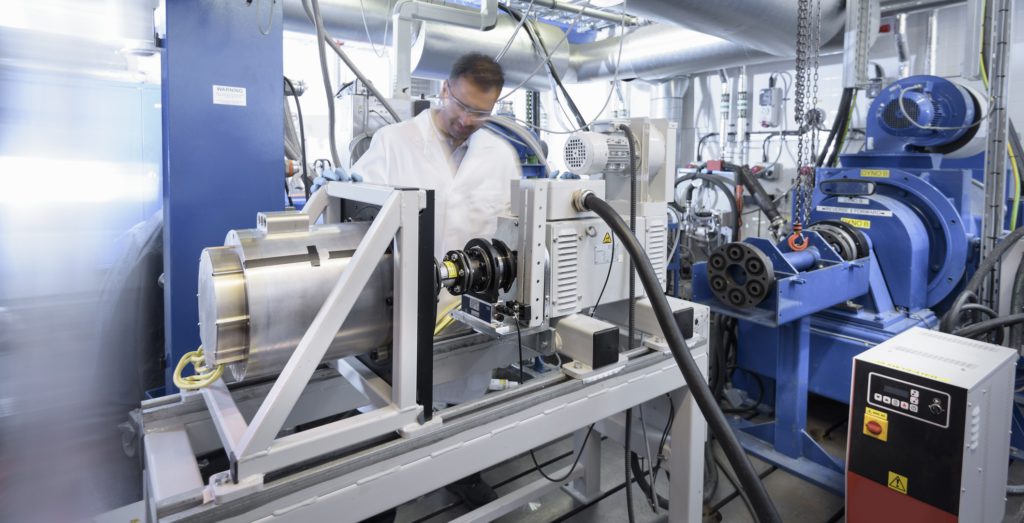New pan-European battery project gains Commission approval
11 December 2019

11 December 2019
The European Commission has approved a plan to support research and innovation in the field of electric vehicle (EV) batteries.
Seven EU countries; Belgium, Finland, France, Germany, Italy, Poland and Sweden, will invest €3.2 billion in the project, set to be completed by 2031. The Commission expects a further €5 billion to come from the private sector.
′Battery production in Europe is of strategic interest for our economy and society because of its potential in terms of clean mobility and energy, job creation, sustainability and competitiveness,’ said Margrethe Vestager, executive vice president of ′Europe fit for the Digital Age’ and Commissioner in charge of competition policy.
′Our important projects of common European interest smooth the way for public authorities and industries from several Member States to come together and design ambitious innovation projects with positive spill-over effects across industrial sectors and regions. The approved aid will ensure that this important project can go ahead without unduly distorting competition.’
Project benefits
The transition to climate neutrality, including through clean and low-emission mobility, will bring significant opportunities for economic growth, job creation and technological development, the Commission said.
Demand for batteries is expected to grow rapidly in the coming years. Forward-looking research, development and innovation policies will have a key role to enable Europe and its member states to make the most of this transition. The Commission launched a European battery alliance at the end of 2017, with interested member states and industrial actors, and adopted a strategic action plan for batteries in May 2018.
The new project is part of these efforts. It supports the development of highly innovative and sustainable technologies for lithium-ion batteries (liquid electrolyte and solid-state) that last longer, have shorter charging times, are safer and more environmentally friendly than those currently available.
Full-chain research
Innovation will also specifically aim at improving environmental sustainability in all segments of the battery value chain. It aims to reduce the CO2 footprint and the waste generated along with the different production processes as well as develop environmentally friendly and sustainable dismantling, recycling and refining in line with circular economy principles.
Project partners will focus their efforts in four key areas: Raw and advanced materials, cells and modules, battery systems and repurposing, recycling and refining used batteries.
′Our focus on scaling up innovation under the European Battery Alliance is yielding strong industrial partnerships,’ says MaroÅ¡ Å efÄoviÄ, vice president for interinstitutional relations and foresight.
′Thanks to intensive efforts by seven Member States, industry and the Commission, Europe’s first major pan-European battery ecosystem is emerging, with lead projects in all segments of this strategic value chain. We have found the right recipe for our 21st-century industrial policy: strong cooperation between industrial actors, concerted action to accelerate lab-to-market innovation, joined-up financial instruments from both, private and public sectors, and a fit-for-future regulatory framework to underpin a stronger European knowledge-based economy.’